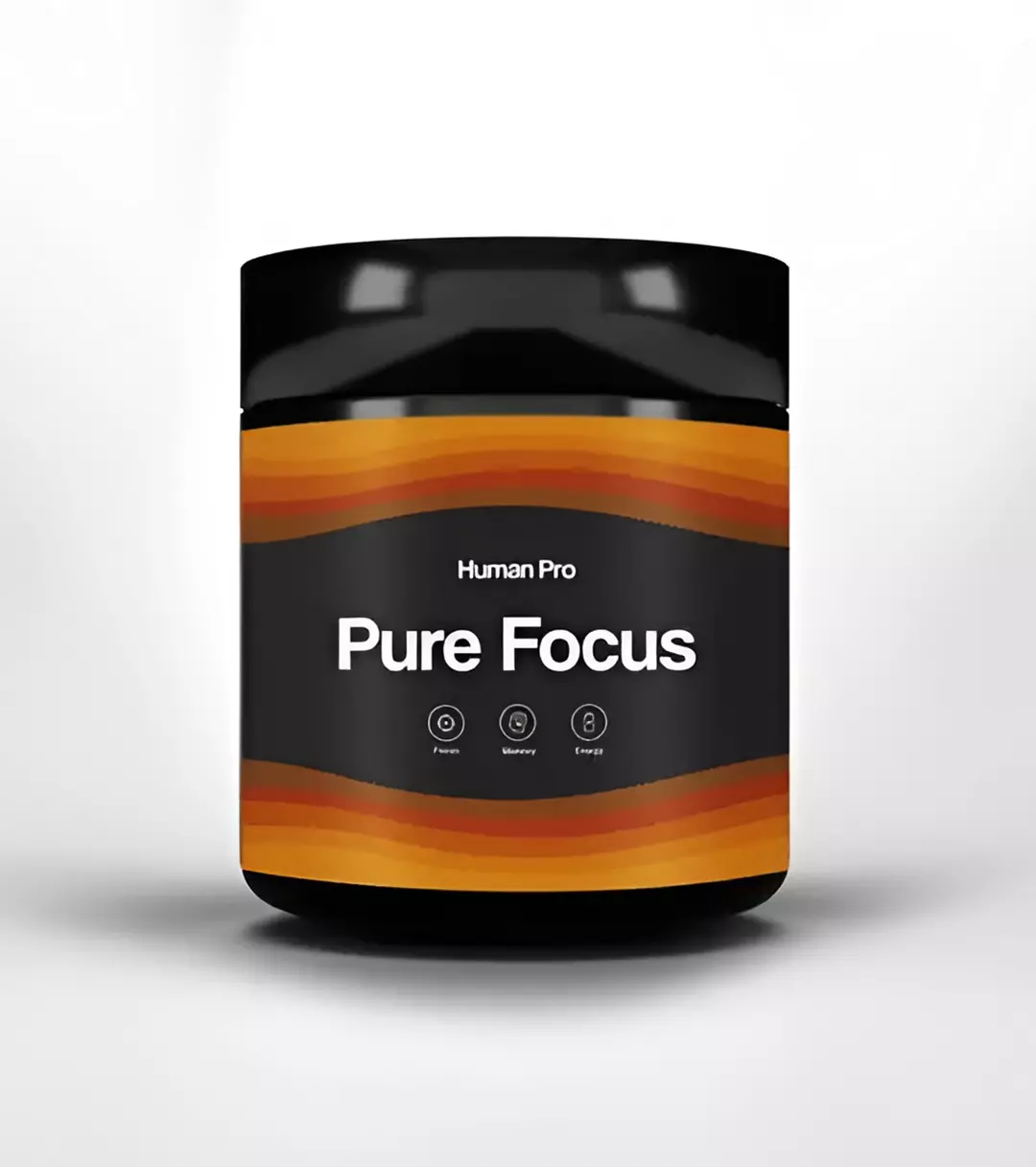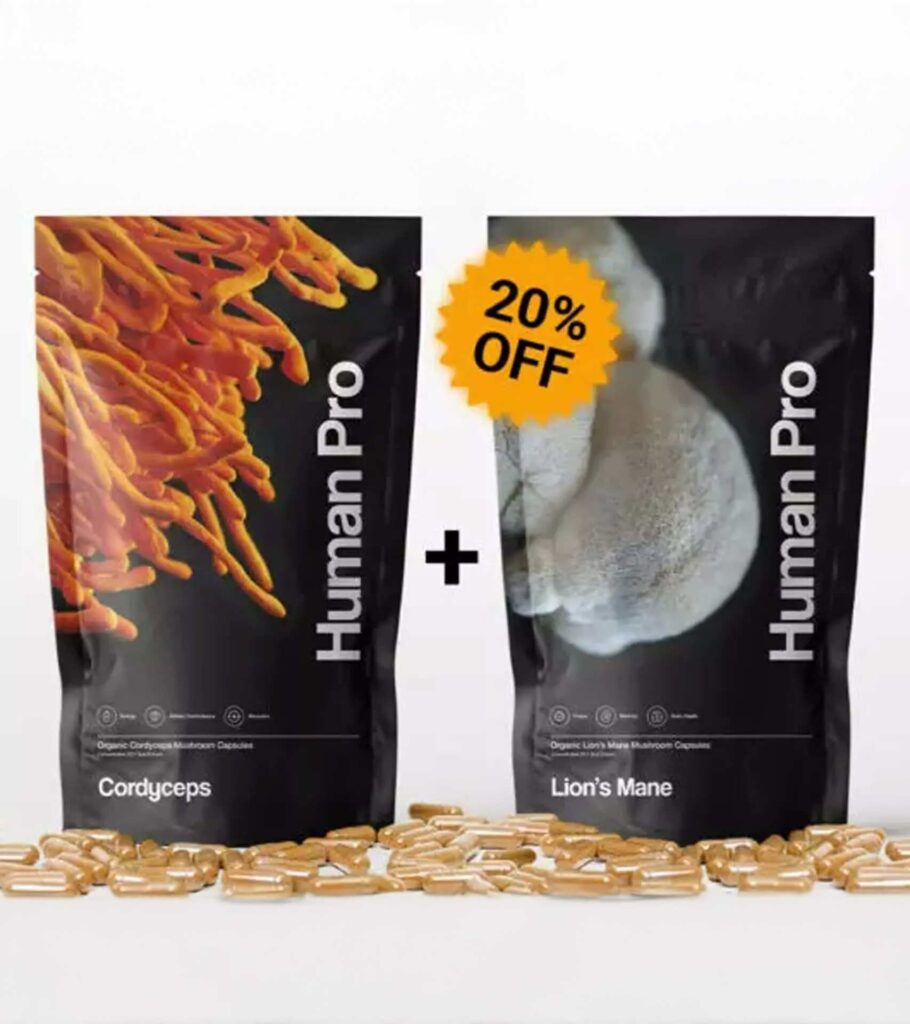Once upon a time, we used to look at someone’s bookshelf for a peek into their mind.
Today, that can also be said of the podcasts people watch or listen to.
Some don’t engage with any podcasts whatsoever, and then there are the likes of me 😆.
I am a wildly curious person who finds it a necessary practice to open my mind and learn about the cutting edge of, well, everything.
So now that I’ve scoured what feels like the entirety of the interwebs, I’ve decided to compile some of my favorite conversations of the year for you here.
Outlined below are 13 podcast episodes, plus a bonus one….because I just couldn’t make my mind up.
Not only are you likely to learn a lot about me, but also about how our bodies, minds, and society work.
Hopefully, these will trigger much food for thought and introduce you to topics that you never knew you might be interested in.
The reason for such a wide range of topics that do not exclusively focus on psychedelics is that I believe we need little pieces of all kinds of information to thrive in 2024.
Why I Chose These Episodes?
You will quickly notice that the scope of topics found here ranges far and wide.
From the sublime to the fascinating, the episodes listed include neuroscience, the art of relationships, entrepreneurship, psychological and physical health, and yes psychedelics.
Each of these offers deeply valuable insights and more food for thought than you could imagine.
Furthermore, if you’ve got the time, and the inclination to watch them all over the holiday season, then these may very well give you a whole new perspective on how to tackle 2024.
Each of the episodes has been summarized here below and also include my favorite moments from each of these episodes.
Most of these can also be found on your regular podcast platforms like Google Podcasts, Apple Music, and/or Spotify.
When available, I’ve linked the YouTube version here because I love watching people talk.
Ready? Let’s go!
My Top 13 Episodes Are
1 – Jamie Wheal on Aubrey Marcus:
Jamie is an expert on peak performance and leadership, specializing in the neuroscience and application of Flow States.
His work combines a background in expeditionary education, wilderness medicine, and surf rescue, with over a decade of advising high-growth companies on strategy, execution, and leadership.
This four-hour-long podcast episode unpacks each main point of the epic book: Recapture the Rapture: Rethinking God, Sex, and Death in a World That’s Lost Its Mind.
Rick Doblin said this about Jamie’s book:
“Recapture the Rapture offers an invaluable roadmap for transformational consciousness and culture, filled with practical tools to harness our healing, reclaim our inspiration, and connect for the road ahead.”
My favorite part of the conversation, although there are so many, is this one right here.
Here they begin to unpack the power of cults, the true markers of an enlightened human, and the ‘weaponization of performative vulnerability’.
I mean, what a term, right?!
There are so many layers to this conversation that it’s hard to encapsulate into a few paragraphs.
There are few conversations out there that discuss the world and our place in it quite like these two.
Keywords: anthropology, neuroscience, spirituality, psychedelic renaissance, mythology, trauma release, coping in the 21st century.
2 – Mo Gawdat on Diary of a CEO:
Mo Gawdat is the former Chief Business Officer of Google [X]
He also wrote the brilliant books: Solve for Happy, Scary Smart, and That Little Voice in Your Head.
Mo eventually quit Google X when he saw first-hand how the robots in his lab exponentially learned complex tasks.
Mo has been a guest on Diary of a CEO several times and in this particular episode, he specifically discusses the reality of AI.
He defines where the threat of AI comes from and spoiler alert, he argues that AI is not the problem.
Here is my favorite part of this sobering conversation.
In this moment, Mo expresses his love and affection for AI and although I don’t yet share his sentiment, I can see why it’s super important to consider the points he makes.
Keywords: Artificial Intelligence, coding ethics, human morality, our Oppenheimer moment, human influence on AI.
3 –Tara Swart on Diary of a CEO:
Dr. Tara Swart is a neuroscientist, medical doctor, and Senior Lecturer at MIT Sloan.
In her book, The Source, and this podcast episode, she offers fascinating insights on improving mental agility, decision-making, and emotional intelligence all through a scientific yet compassionate understanding of the brain.
The best part of the conversation for me was 16 minutes in when she explained that stress can be contagious.
Yes, stress hormones are airborne and we can detect them in each other.
I mean wow, right?!
Now the irony is not lost on me that I could potentially be affecting your stress levels by pointing out what I learned from Dr. Swart, nonetheless, it’s a very valuable insight.
Either we might be the ones affecting others with our stress, and conversely, others might be affecting us with theirs.
Knowing and understanding this phenomenon is potentially a superpower that can benefit all your relationship dynamics.
Keywords: neuroscience, neurochemistry, human relationships, trauma, pregnancy, diet, internal dialogue, Alzheimer’s, ADHD, autism, and intuition.
4 – Logan Ury on Diary of a CEO
Logan Ury is the head of relationship culture at Hinge.com
Hinge.com is a dating app, and I can personally confess, it’s not awful.
This episode Why Women Are Addicted To Toxic Men is a wealth of knowledge for those of us on the dating market or considering dipping our toes back in.
My favorite part of the conversation is when she suggests making a list after the date as to how we felt during the date.
Taking the time to make an inventory of how we felt in their presence is critical information.
Disclaimer, immediate wild chemistry is potentially a big red flag.
Don’t take my word for it, watch the episode and let me know.
Keywords: Dating, attachment theory, attraction, dating questionnaire, dating environment, creating a dating profile.
5 – Esther Perel on Diary of a CEO:
Esther Perel is a Belgian-American psychotherapist, well known for her work on human relationships.
She coined the concept of “erotic intelligence” in her wildly successful book Mating in Captivity.
In this episode, Esther offers her clear-eyed view of modern relationships, untangling the challenges and nuances of love, desire, and communication.
She discusses the balancing act between personal identity and relational dynamics, how they trip us up, and how to better understand these aspects to understand each other better and connect deeper.
This episode should be required viewing for everyone.
There are SO many truth bombs and likely to induce many moments of clarity.
My favorite part of the conversation is right when she explains something known as ‘bids for connection’.
Bids for connection reference to Dr. John Gottman’s work and just between the two of us, if you do NOTHING else this year it’s this.
Moving forward notice all the times that those around you are making bids for connection, respond accordingly, and watch the entire dynamic of your relationships change.
Keywords: relationships, conflict resolution, human connection, communication, intimacy, eroticism, gender roles
6 – Mary Oliver Haver on Diary of a CEO
Mary Oliver is a board-certified OB/GYN. She downplayed menopause until she went through it herself and finally understood how little her medical training had prepared her.
This bombshell episode They Are Lying to You about Menopause, is a service to humanity.
I say this because menopause affects women so profoundly that ultimately, it affects every one of us through our relationship with them.
My favorite part of this conversation is when she correlates the change in women’s mental health during menopause.
She suggests that during menopause the effect of SSRIs can change and no longer might be as effective as they were previously.
Women’s health research is so drastically underfunded and simply not understood.
This episode is a great start to a long conversation we all need to start having.
There’s a lot of valuable information, important insights, and long-awaited validation for the long list of symptoms menopausal women experience.
Keywords: hormones, women’s health, medical studies, menopause, mental health, diet, societal stigma, sleep, exercise, advice for men.
7 – Russell Kennedy on Anxiety:
Dr. Russell Kennedy is a neuroscientist and medical doctor who presents a unique perspective on anxiety.
Russell Kennedy is a classic wounded healer.
A medical practitioner who suffered from chronic anxiety had to look outside the realms of their training to find a way to manage and cure their symptoms.
He discusses the root causes of anxiety and the connection between physical sensations and our emotional states.
Both in this podcast and in his book Anxiety Rx, he teaches us some innovative strategies for managing the symptoms of anxiety.
Here is my favorite part, Russell explains that the body is the first to notice the sense of alarm and only then does the brain catch up with a story and a narrative.
If you have ever experienced anxiety, he’s got valuable insights that will empower you and teach you how to self-soothe in a very productive way.
Keywords: neuroscience, psychology, trauma, anxiety, panic attacks, breathwork, stress management, IBS, fibromyalgia.
8 – Dr. Andrew Huberman on Tetragrammaton:
There are precious few users of YouTube that don’t know the name, Dr. Andrew Huberman.
He’s a neuroscientist and associate professor of neurobiology and ophthalmology at Stanford University.
At face value, he’s uber-knowledgeable and professional.
He upholds his promise to provide free access to valuable health information via his podcast channel.
And because he’s so precisely professional so much of the time, this particular podcast episode is surprisingly endearing and very vulnerable.
I, like millions of others, liked him before, but now I kinda really love him.
In this particular conversation, he reveals much about his personal life and his childhood, showing us a rare glimpse into his vulnerable side.
But then, just before the end of the episode, at the 2-hour and 16-minute mark, a more edgy side of Huberma comes to light.
Dr. Huberman said, and I quote:
“90% of what we do in medicine is complete and utter nonsense, it’s just shifting deck chairs on the Titanic. We just need to know that we are flying blind in a lot of areas.”
Suffice it to say that his bold honesty at this precise moment is my favorite part of the podcast.
Keywords: childhood trauma, human connection, family & friendships, neuroscience, psychology, medical industry.
9 – Wim Hof on Mulligan Brothers:
Wim Hof is globally known for his extraordinary personality, tenacity, breathing techniques, world records, and cold exposure practices.
Wim Hof talks about his methods that challenge conventional beliefs about the human body.
He explains how these practices can significantly improve health, resilience, and even mental well-being.
The entire conversation is wonderful. He opens up about meeting his first wife and the impact of her suicide on him and his four children.
In this, my favorite part of the conversation, Wim talks about how we are wilfully able to control our narrative.
He is insistent that it’s highly plausible to be happy, strong, and healthy.
Not only for our benefit but of course, for the benefit of those around us too.
Keywords: mental health, resilience, anti-fragile, playfulness, redefining science, cold water exposure, tenacity, and thriving.
10 – James Nestor on Joe Rogan:
James Nestor is a journalist, not a medical professional, who wrote a book on breathing and blew our minds in the process (pun intended).
He teaches us the science behind effective breathing techniques as it has never been done before.
How breathing through the nose can dramatically improve physical and mental health, drawing connections between breathing practices and a range of health benefits and mysterious ailments.
I am strongly urging all breathing humans, regardless of age, to listen to the entirety of this conversation.
It’s jam-packed with so much common sense, history, science, and techniques of super athletes that it behooves everyone to listen in.
Having said that, here’s my favorite part where James Nestor, talks about CO2 and how that impacts asthmatics and those that suffer from anxiety.
The science he brings to light is counterintuitive to all the previous advice we’ve received so far.
His research is deeply transformational and, at the very least, worth testing out for yourself.
Keywords: Breathing, apnea, dental health, free diving, lung capacity, anxiety, brain health, history, medical science.
11 – Tim Spector on Rich Roll:
Tim Spector, a leading expert on gut health, discusses the latest research in the field.
He emphasizes the importance of a diverse diet for a healthy gut microbiome and explains how gut health is intricately linked to overall well-being, including mental health.
Rich precisely asks Tim to elaborate on the deep connection between the gut and the brain.
We learn that serotonin is mostly produced in the gut, and how signals travel from our gut to our brain via the vagus nerve.
We learn so much cutting-edge science in this conversation. Much of which has only been uncovered in the last decade.
Keywords: Gut health, mental health, hormone balance, brain, vagus nerve, microbiome, depression, anxiety, diet.
12 – Shaolin Master on Mulligan Brothers:
Shaolin Master Shi Heng Yi is a martial artist and headmaster at Shaolin Temple Europe in Germany.
Here, he shares his wisdom on the intersection of martial arts, Zen Buddhism, and living in the 21st century.
He talks about achieving inner peace and mindfulness through the disciplined practice of martial arts, and how these ancient practices can be applied to modern life.
I must admit, this was one of the hardest podcasts to pinpoint a favorite section.
His tone is meditative, his mind is clear and his words are medicine.
In this particular episode, Yi highlights not only the power of our agency but also how mandatory it is to engage it and live from it.
He reminds us that we are born with the knowledge and the capacity to know how to live a centered and thriving life.
We just need a reminder, discipline, and repetition.
Keywords: Zen Buddhism, martial arts, discipline, repetition, resilience, anti-fragile, monastic life.
13 – Patrick Bet-David on Modern Wisdom:
Patrick Bet-David is a self-made serial entrepreneur and the host of Valuetainment.
His recent book called ‘Choose Your Enemies Wisely’ has outlined an interesting set of circumstances for success.
Here, Patrick explains the trifecta of the circumstances in question.
According to him, one must have experienced unconditional love from at least ONE person, then contrasted by someone who we could never win over, and finally, aiming all that friction, fuel, and energy toward an ‘enemy’ we’ve chosen wisely.
Knowing where to aim this ever-ending source of energy and choosing the right target for it is, in fact, the money shot, the perfect ‘enemy’.
This conversation is quite different from the others I’ve shared so far.
Not woo-woo by any stretch of the imagination but deeply valuable.
The conversation is full of controversial topics, current events, and fascinating tales of the 21st century.
Patrick is a formidable mind and Chris Williamson is a wonderful host for such an intelligent discussion.
Keywords: Leadership, current events, competition vs. enemies, dating, society, laziness, success, and paranoia in business.
Bonus Episode
Terence McKenna on ‘The Mushroom Program’:
Terence McKenna the Mac daddy of psychedelics takes us into a deep dive into the world of psychedelics, as expected.
In this particular discussion, he explores their role in human evolution, consciousness, and the potential they hold for personal and societal transformation.
I love how Terrence points out the reductionist ways that science approaches the mind and the effects of psychedelics on our human experience.
Here he untangles what he’s learned in his decades of experiences and outlines the importance of observing the entirety of our experiences and their interconnectedness.
Or, as he says it: smash the brain with psychedelics then count the pieces.
Furthermore, he says that it’s very disempowering to believe they have the answer and that mushrooms teach us that no one has the pieces.
Finally, Terrence has a wonderful description of fear and the set of techniques to deal with it in the moments when it arises.
Keywords: Psychedelics, plant medicine, fear, grasping consciousness, modern science, and hero doses.
The Great Debrief
If you’ve listened to even half of the episodes listed, then well done, and I salute you!
In my opinion, the next best thing after watching these conversations is discussing them.
Are there any that you’ve watched and loved, disagree with, and/or learned from?
Any favorite moments, insights, or aha’s?
Let me know your thoughts and experiences in our Facebook group members and Discord channel.
I’m so keen to know what inspired you, which conversation turned the lights on, and why. 💡
As always.
Shine bright. Do good. Flow strong.
Asha ✨






0 thoughts on “Get Ready For 2024 With These 13 Podcasts”